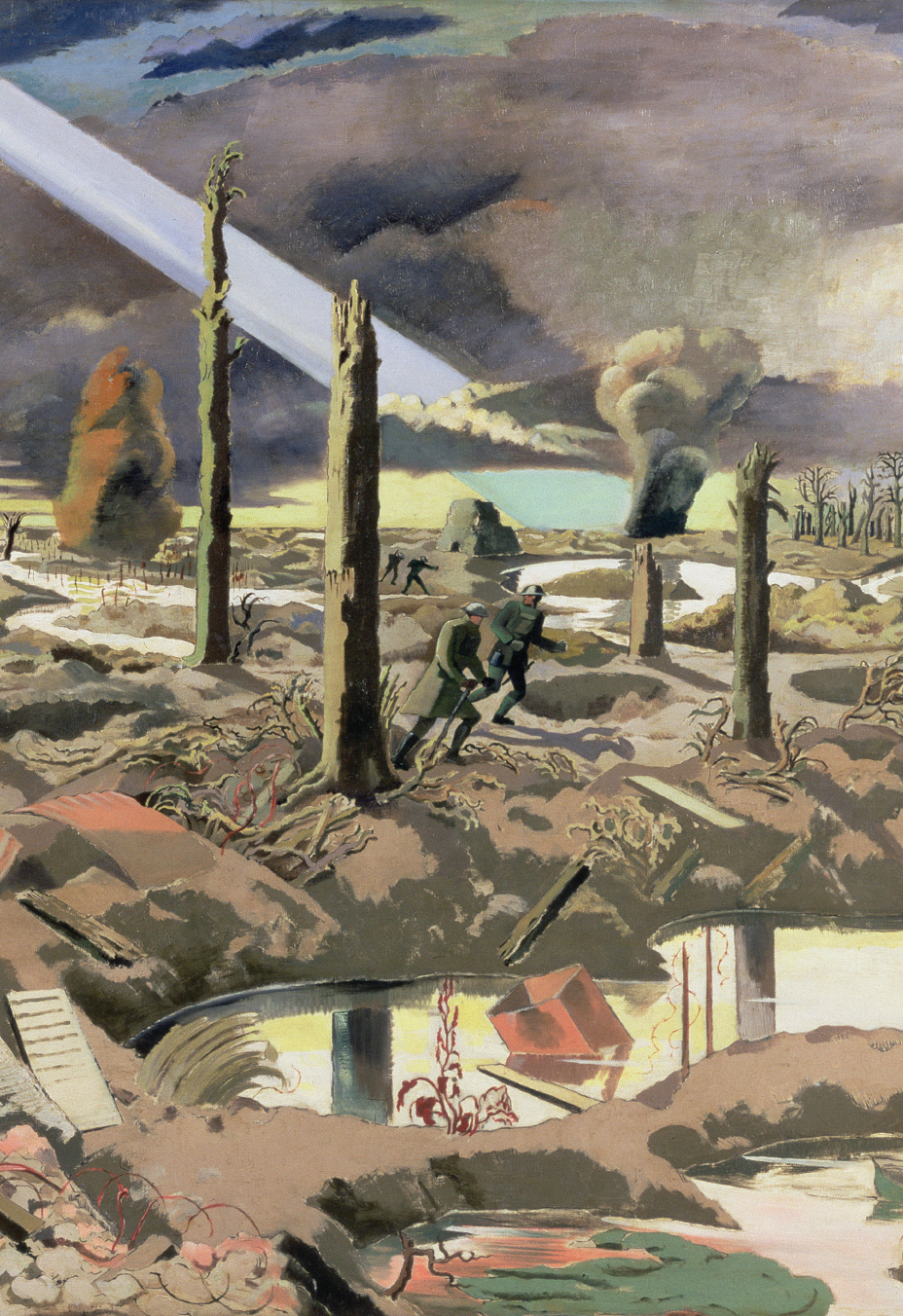Introduction for Chapter 25
25. War and Revolution, 1914–1919
>What were the most significant causes and consequences of World War I? Chapter 25 examines World War I and the Russian Revolution. When the First World War began in August 1914, both peoples and governments confidently expected a short war and thought that European society would be able to go on as before. These expectations were totally mistaken. The First World War was long, indecisive, and tremendously destructive. Grand states collapsed: the Russian, Austro-
LearningCurve
After reading the chapter, use LearningCurve to retain what you’ve read.

>What caused the outbreak of the First World War?
>How did the First World War differ from previous wars?
>In what ways did the war transform life on the home front?
>Why did world war lead to revolution in Russia, and what was its outcome?
>In what ways was the Allied peace settlement flawed?
| 1914– |
1917 |
| – World War I | – Germany resumes unrestricted submarine warfare |
| June 28, 1914 | March 1917 |
| – Serbian nationalist assassinates Archduke Francis Ferdinand | – February Revolution in Russia |
| August 1914 | April 1917 |
| – War begins | – United States enters the war |
| September 1914 | October– |
| – Battle of the Marne; German victories on the eastern front | – Battle of Caporetto |
| October 1914 | November 1917 |
| – Ottoman Empire joins the Central Powers | – Bolshevik Revolution in Russia; Balfour Declaration on Jewish homeland in Palestine |
| 1915 | 1918 |
| – Italy joins the Triple Entente; German submarine sinks the Lusitania; Germany halts unrestricted submarine warfare | – Treaty of Brest- |
| 1915– |
1918– |
| – Armenian genocide; German armies occupy large parts of east- |
– Civil war in Russia |
| 1916 | 1919 |
| – Battles of Verdun and the Somme | – Treaty of Versailles; Allies invade Turkey |
| 1916– |
1923 |
| – Antiwar movement spreads throughout Europe; Arab rebellion against Ottoman Empire | – Treaty of Lausanne recognizes Turkish independence |